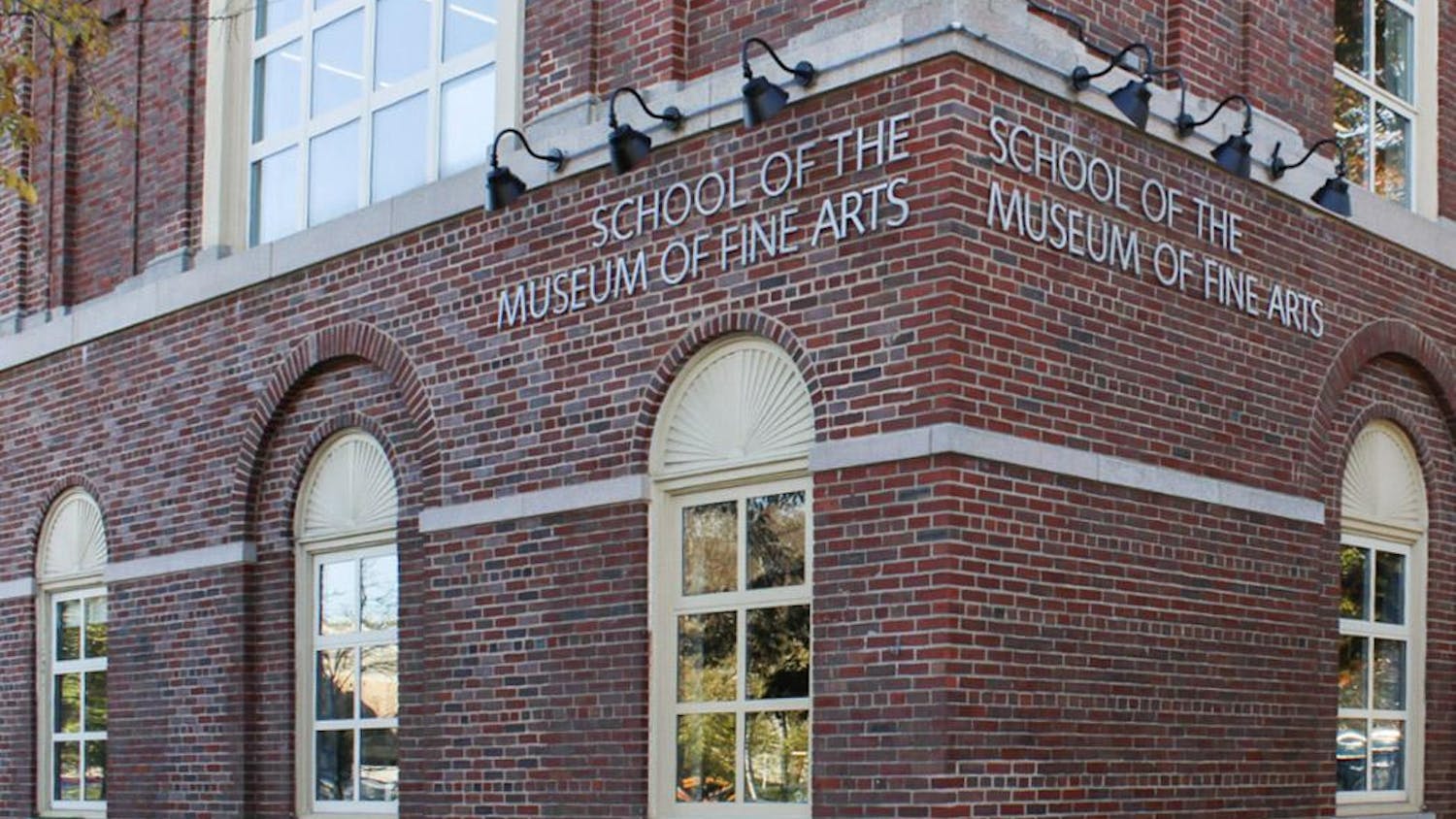Kathryn Coughlin yesterday detailed the diversity of Islam and its potential as a vehicle of progressive social change.
At the Goddard Chapel event, Coughlin, the president of the non-profit organization Global Research and Analysis, began by saying her lecture would not focus on topics related to Islam that are consistently in the media spotlight, such as the war on terror or the violence and instability in Iraq and Pakistan. She preferred to discuss "success stories from the Muslim world."
These include "situations where you have a successful transition to democracy" or where governments of Muslim nations expand their citizens' civil rights, Coughlin said.
She said that such stories do not receive attention from the mainstream press here because "they're not stories that will sell papers or sell media space." This often leaves people asking, "Where are the Muslim moderates?" she said.
Coughlin, speaking to a sparse but attentive audience, underscored the gap between the realities of the Muslim world and its portrayal in the media by comparing coverage of fatwahs, or religious edicts, condemning author Salman Rushdie or condoning the attacks of Sept. 11, 2001, to a conspicuous lack of attention given to more progressive fatwahs such as those stating that discrimination against people with AIDS is "something that would be condemned by Allah on the day of judgment."
The world's Muslim population numbers nearly 1.3 billion, inhabits six continents and is divided into dozens of sects, Coughlin said. She argued that this often forces a narrow or monolithic perception of Islam as a whole.
"Most do not have the resources to adequately promote a more tolerant and pluralistic worldview, which happens to be the worldview of most Muslims," she said.
Coughlin said that Saudi Arabia is able to leverage its considerable oil-generated wealth to fund conservative Muslim missionary activity and build schools in other Muslim nations, with the result that the strictly orthodox Wahhabi strain of Islam appears more prominent.
This has "defined the discourse for what it means to be Muslim," Coughlin said, urging those in attendance to "not confuse the loudest voice with the most authoritative or most representative."
Many of the ideas that the West associates with Islam come as outgrowths of a specific strain, according to Coughlin, who noted that the iconic veil for women is not a universal prescription but one interpretation of the Koran's ethics on modesty.
In nascent post-Soviet-era nations such as Mozambique, Bosnia and Albania, an influx of Saudi funding allowed the Saudis to dictate "what it means to be Muslim" for nations struggling to forge an identity, Coughlin said.
As a result, Wahhabi-funded mosques and madrassas, or schools, in countries that lack the resources to build such infrastructure contribute to "the global discourse … being dictated by one very narrow interpretation," Coughlin said.
Coughlin added that three events in 1979 — the overthrow of the Shah in Iran, the Soviet invasion of Afghanistan and the seizure by Arab radicals of Saudi Arabia's sacred Grand Mosque — solidified a particular sense of Muslim identity.
"In 1979, there rises a great Muslim global consciousness and a sense of what it means to be Muslim," Coughlin said.
Later, Coughlin pointed to developments that indicate more progressive Islamic leanings.
She pointed out that in 2006, the United States ranked 69th in the world in percentage of women elected to its lower legislative chamber. Pakistan, Sudan, the United Arab Emirates (UAE) and Afghanistan all ranked higher.
She said that the UAE also swore in its first woman judge last year, a crucial step in legislating for gender equity.
"If you're going to see a shift in gender roles and empowerment, that has to start with women making laws," Coughlin said.
In an instance of Muslim women organizing across ethnic and sectarian divides, women in Iraq's parliament who were consistently marginalized walked out in response to a male representative's statement that "women make poor leaders because they're easily distracted by worries their husband might take a second wife," Coughlin said.
As a result, the legislative process ground to a halt because the body lacked enough members to reach a quorum. It could not begin again until an apology was issued.
Coughlin said that "one of the most exciting initiatives I've seen" is occurring in Indonesia, where women are establishing independent madrassas that move away from conventional Koranic interpretations.
"They're teaching Islam from what they believe is a more gender-neutral point of view," Coughlin said.
Coughlin also pointed to an AIDS prevention program in Iran that offers free anonymous testing and distributes condoms and syringes to prison inmates.
"Why is it that they would have one of the most enlightened, progressive and well-funded AIDS awareness programs not only in the Middle East, but in the whole world?" she asked.
In India, whose diversity makes it a "great microcosm of the Muslim world," Coughlin said that Islam represents a tool for reform among villagers for whom "rights are abstract" because there is no strict enforcement.
She said that NGOs will teach denizens of these more remote, rural areas about gender issues based on the Koran because it is more accessible and familiar.
More from The Tufts Daily





